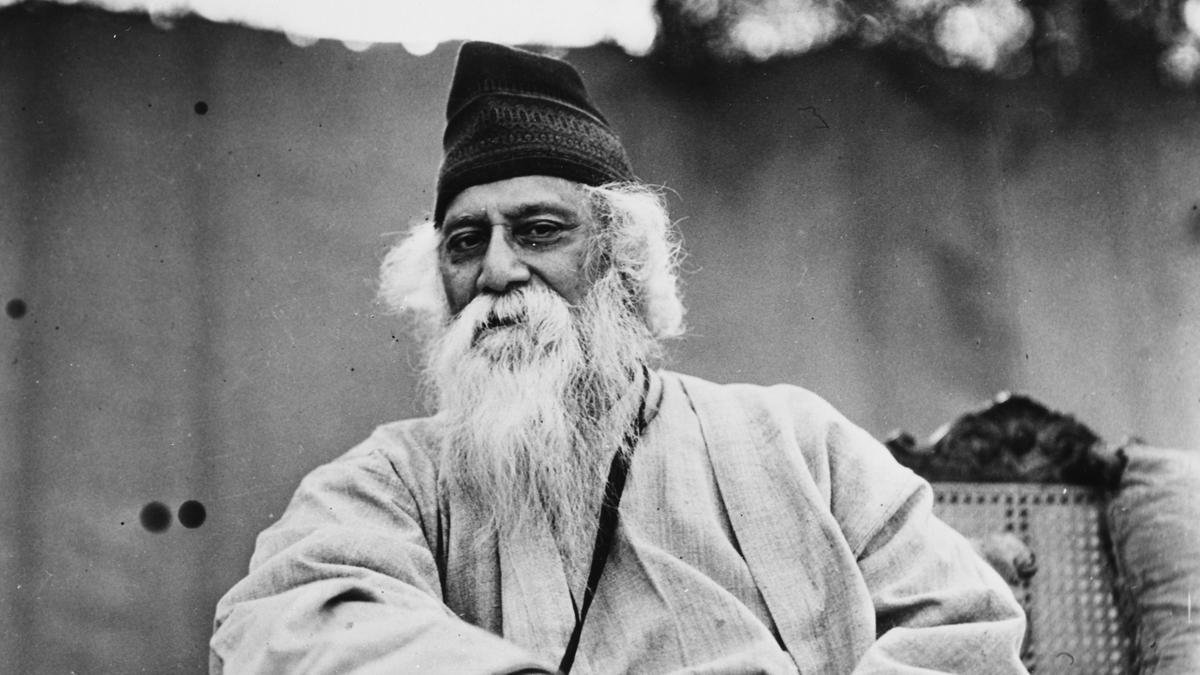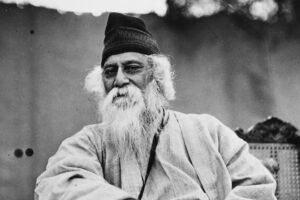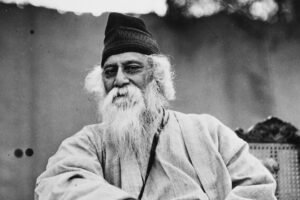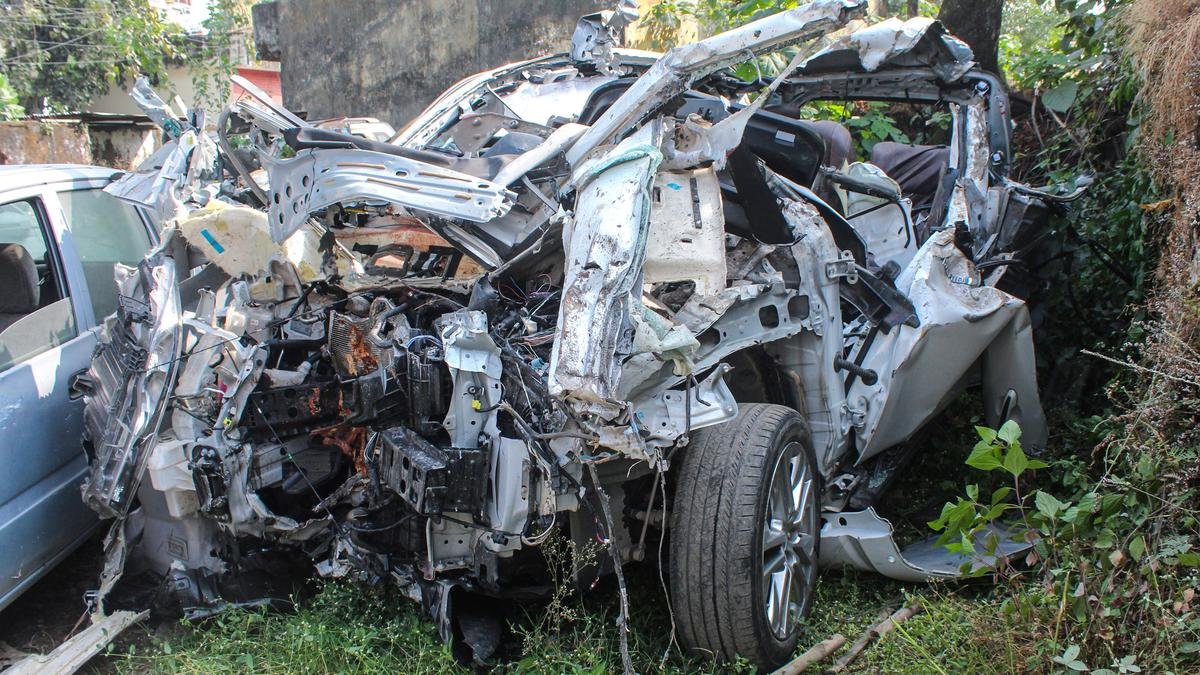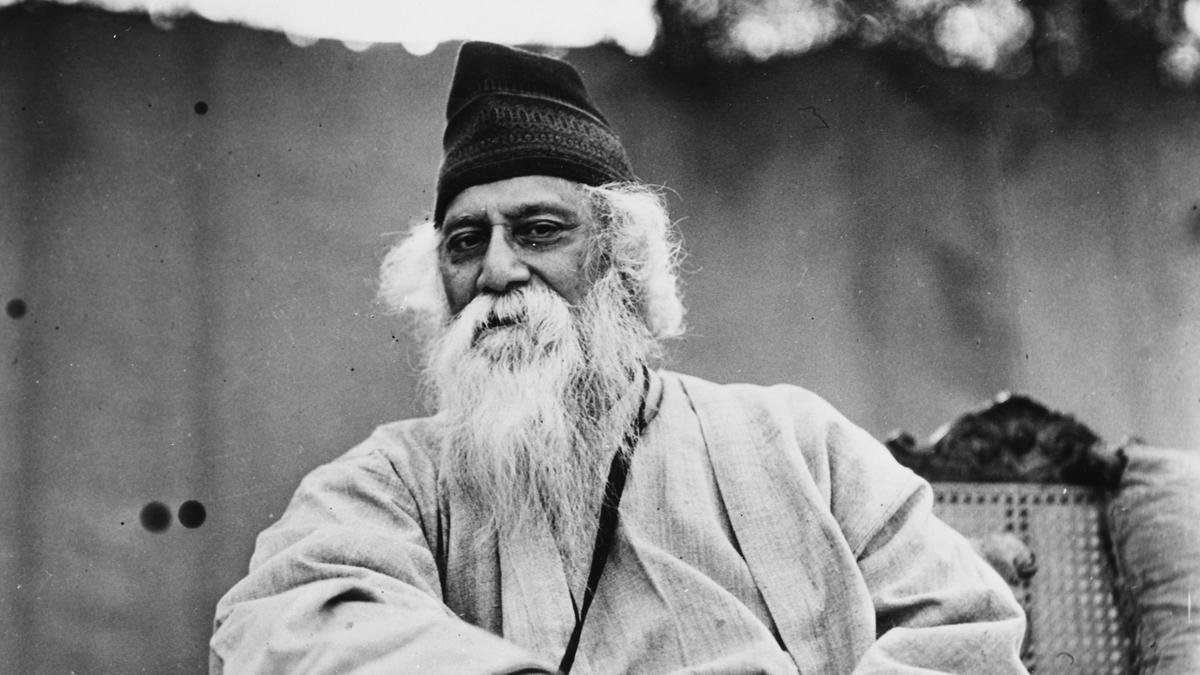Breaking Free: A Review of Sharankumar Limbale’s Sanatan, Translated by Paromita Sengupta
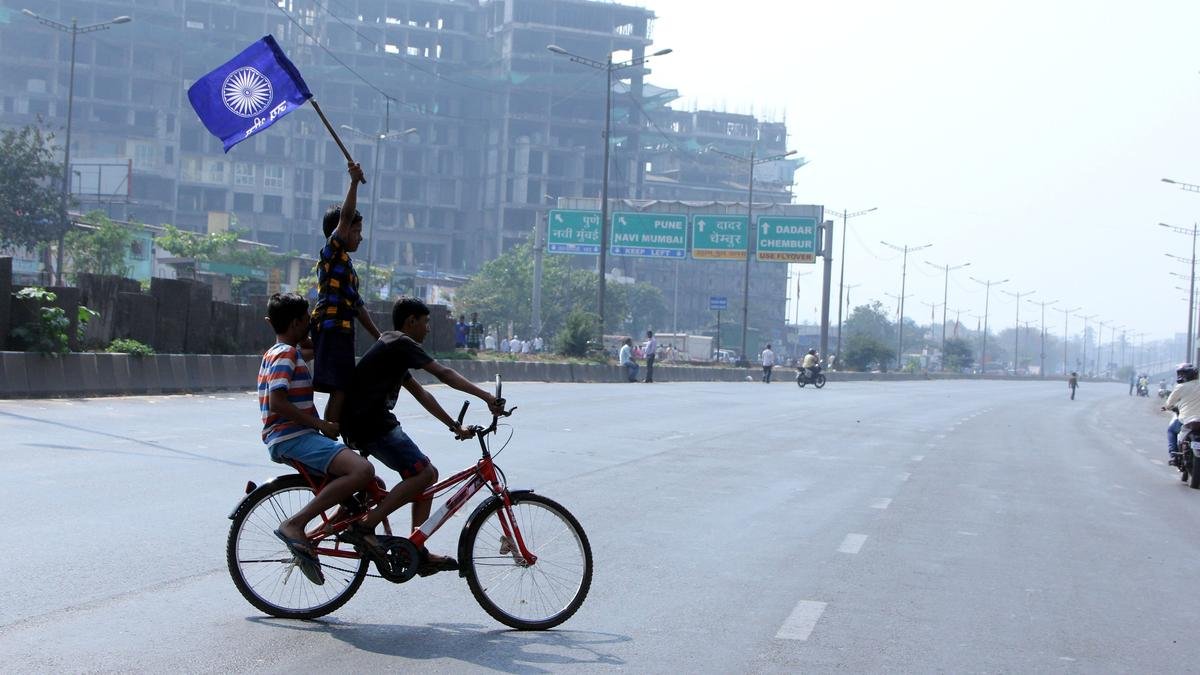
There are no heroes in Limbale’s novel but in giving voice to a long-silenced history, ‘Sanatan’ performs an act of bravery
A story such as this needs to be a bumpy ride, warns Paromita Sengupta in her introductory note to the English translation of Sanatan. It could well be the understatement of the year.
Sharankumar Limbale’s Marathi novel Sanatan, translated here from the Hindi, moves, shakes, jolts the reader by adding a revolutionary dimension to Indian history — not through fake propaganda as-read-on-WhatsApp, or by rewriting accepted versions, but by peeling back long-undisturbed layers and turning the onion inside out, as it were. The result is an incandescent epic of systemic invisibilisation that is both incendiary and explanatory in the current context of the country.
As the novel opens — the timeline is deliberately vague, but subsequent events date it to somewhere in the early to mid-19th century — Sidnak and Bhimnak are young men, friends, leaders in their community of Maharwada. But their caste identity is all that matters to the outside world: They are Mahars, so low down in the Hindu caste ladder that other ‘untouchables’ consider them untouchable.
Less than human
Reminiscent in some ways of Chinua Achebe’s Things Fall Apart, this first section is the terribly hard reading Sengupta warned about, not just because of the unspeakable cruelties the villagers of Sonai inflict on the Mahars or the cynicism that accompanies their cruelty (“Beating up the Mahars would make him a hero in front of the villagers and prove how great he was”) but also because of the Mahars’ unquestioning acceptance of the cruelties. How do you instil a sense of personhood in a people, Limbale seems to be asking, if they have internalised being less than human for millennia?
But change comes to the subcontinent: the East India Company is looking for soldiers and they couldn’t care less for caste. The army offers the Mahars — and the novel — a way out from the suffocating stagnation of Maharwada. “Guns to Mahars! Shiv-Shiv! This is against the Hindu religion,” he cries. Alongside, there’s the terror of the unknown: the Christian church begins making inroads among the untouchables and Adivasis.
Wish-fulfilment, however, has no place in Limbale’s world, even as his narrative embraces the Mahar triumph at Bhima-Koregaon and the educational reforms of Jyotiba Phule. Conversion changes religions, not identities. White Christians have nothing to do with brown Christians; upper class converts have nothing to do with Mahars.
But, in this foreign land, he finds a semblance of happiness, marrying another indentured labourer of Caribbean origin and fathering children. His grandson retraces his steps back to Sonai but, in the meantime, Govind Bhatt’s grandson, too, has grown up. In what seems to be a foreshadowing to present-day India, the skirmish between them can only end in one way.
Rewriting history
There may be no heroes in Sanatan, but there is certainly a villain: a social order based on an interpretation of a religion to serve those at its very top. Where does it end, this bigotry and intolerance, the inequity and prejudice, this inhuman subjugation of one man by another? Limbale offers no easy answers through his furious narrative. But, towards the end of the novel, Saraswati, a minor character who receives the full sanatan Hindu treatment as a widow, says, “Until and unless the untouchables write their own story, they will have to sing the glory of the Brahmins. But the untouchables will write. Today, or tomorrow.”
The untouchable has written: be it quasi-fiction or polemic, in giving voice to a long-silenced history, Sanatan commits an act of bravery. Will the upper castes listen?


